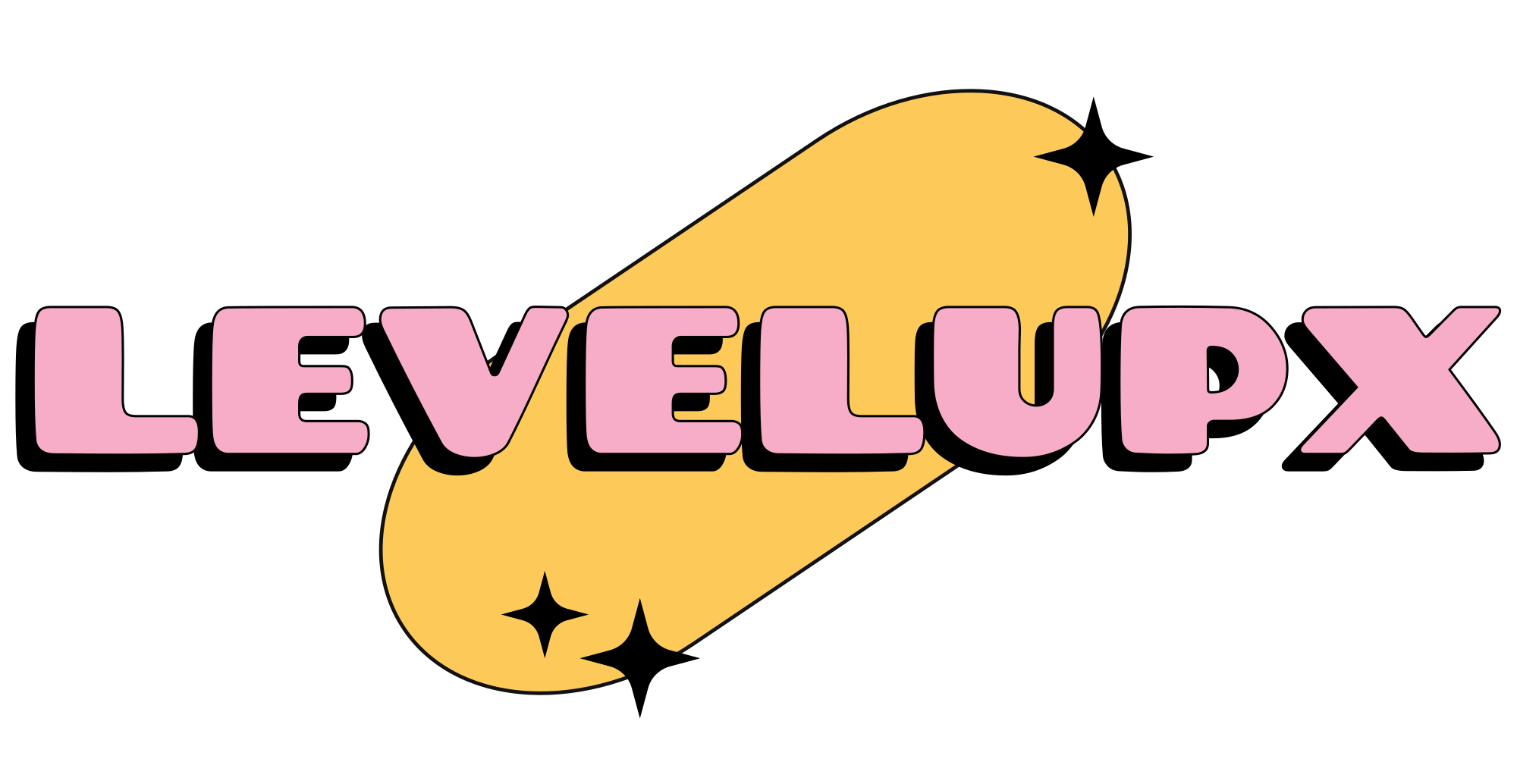🚨 Google Gmail Data Breach Warning: Is Your Account Really Safe?
Imagine waking up one morning to a message from Google that says, “Your Gmail account might be at risk.” Sounds scary, right? Well, it’s not fiction. This is the reality for billions of Gmail users around the globe after a massive data breach raised serious concerns about account safety and user data privacy.
So, what happened exactly? Who’s behind it? And most importantly, what can you do to protect yourself? Let’s dive into the full story.

📌 Where Did It All Begin?
The chaos began when a group of hackers — known as the ShinyHunters — found a way to infiltrate systems connected to Google via Salesforce. This wasn’t just a random hit; it was a targeted attack with high stakes.
Who Are the ShinyHunters?
You might’ve heard their name before. ShinyHunters is a notorious cybercriminal group that has previously leaked data from platforms like Tokopedia, Microsoft’s GitHub repositories, and more. These folks aren’t amateurs — they’re professionals at digital theft.
How Is Salesforce Involved?
Here’s where it gets interesting. The breach didn’t come directly through Google’s servers. Instead, it happened via Salesforce — a third-party vendor used for customer data management. By targeting someone inside Salesforce (through what’s called a vishing attack), the hackers gained access to sensitive communication data.
📉 How Could Your Data Be Compromised?
You might think: “Well, if they didn’t get into Gmail itself, I’m safe… right?”
Not quite.
What Kind of Information Was Leaked?
The hackers managed to access names, emails, and metadata — the kind of stuff that doesn’t seem important on the surface but can be deadly in the wrong hands. Metadata tells hackers when, how, and why you interact with services — valuable info for crafting convincing phishing emails.
Were Passwords or Financial Data Exposed?
Google insists that no passwords or payment info were compromised. But here’s the catch: with the data they did get, hackers can trick you into handing over that very info yourself — through fake emails, spoofed logins, or fake Google support calls.

⚠️ Why This Breach Is Way More Dangerous Than It Sounds
This isn’t just about email addresses floating around the dark web. This is about precision-targeted attacks that look and feel 100% real — because they’re crafted with your actual data.
Phishing & Vishing: The Evolution of Scams
Modern cyberattacks aren’t about brute force — they’re about deception. Today’s criminals are digital con artists.
Fake Calls from Google? Yes, It’s Happening
One of the biggest dangers here is a tactic called vishing — voice phishing. Hackers are reportedly making calls that appear to come from Google’s Silicon Valley area code (650). They pose as support agents and ask you to verify your identity or “fix” a security issue. If you fall for it, they’ve got you.
🛡️ What You Should Do Right Now
If you’re a Gmail user (and who isn’t?), don’t wait. Here’s what you need to do — right now.
Change Your Password Immediately
Make sure your password is strong, unique, and never reused. Use a password manager if remembering is tough. Avoid names, birthdays, or anything guessable.
Enable Two-Factor Authentication (2FA)
Use app-based or physical key methods, not SMS-based 2FA, as hackers can spoof texts or steal SIM cards. Google Authenticator or passkeys are much more secure.
Use Google’s Security Checkup Tool
Visit Google’s Security Checkup and run a complete review. This tool highlights suspicious logins, unauthorized apps, and account vulnerabilities.
Join the Advanced Protection Program
This free Google service offers extra account protections — like blocking unverified apps and requiring physical security keys. If you’re high-profile or just cautious, it’s worth it.
🧠 Lessons to Learn from This Incident
-
No company is immune, even Google.
-
Your data is more valuable than you think.
-
Human error (like falling for fake calls) is often the weakest link.
-
Proactive defense beats reactive panic.
-
Educate yourself and those around you.
✅ Final Thoughts
This Gmail data breach is a loud wake-up call. Even though the core Gmail system wasn’t technically hacked, the ripple effect of leaked personal data is real and dangerous. From phishing emails to fake support calls, attackers are more cunning than ever.
But here’s the good news: you’re not helpless. By following the right steps, enabling the right protections, and staying aware, you can keep your digital identity — and your inbox — secure.
❓ Frequently Asked Questions (FAQs)
1. Was my Gmail account directly hacked?
No. The breach occurred through Salesforce data connected to Google. Your account credentials were likely not leaked, but personal data may have been accessed.
2. What should I do if I receive a suspicious call from Google?
Hang up immediately. Google will never call you for security issues without prior arrangement. Report the call to Google’s security team.
3. Is changing my password enough to stay safe?
Changing your password is a start — but enabling 2FA and running a Security Checkup is equally essential for full protection.
4. How do I join Google’s Advanced Protection Program?
Visit g.co/advancedprotection to enroll. You’ll need a physical security key, like a YubiKey, to complete setup.

